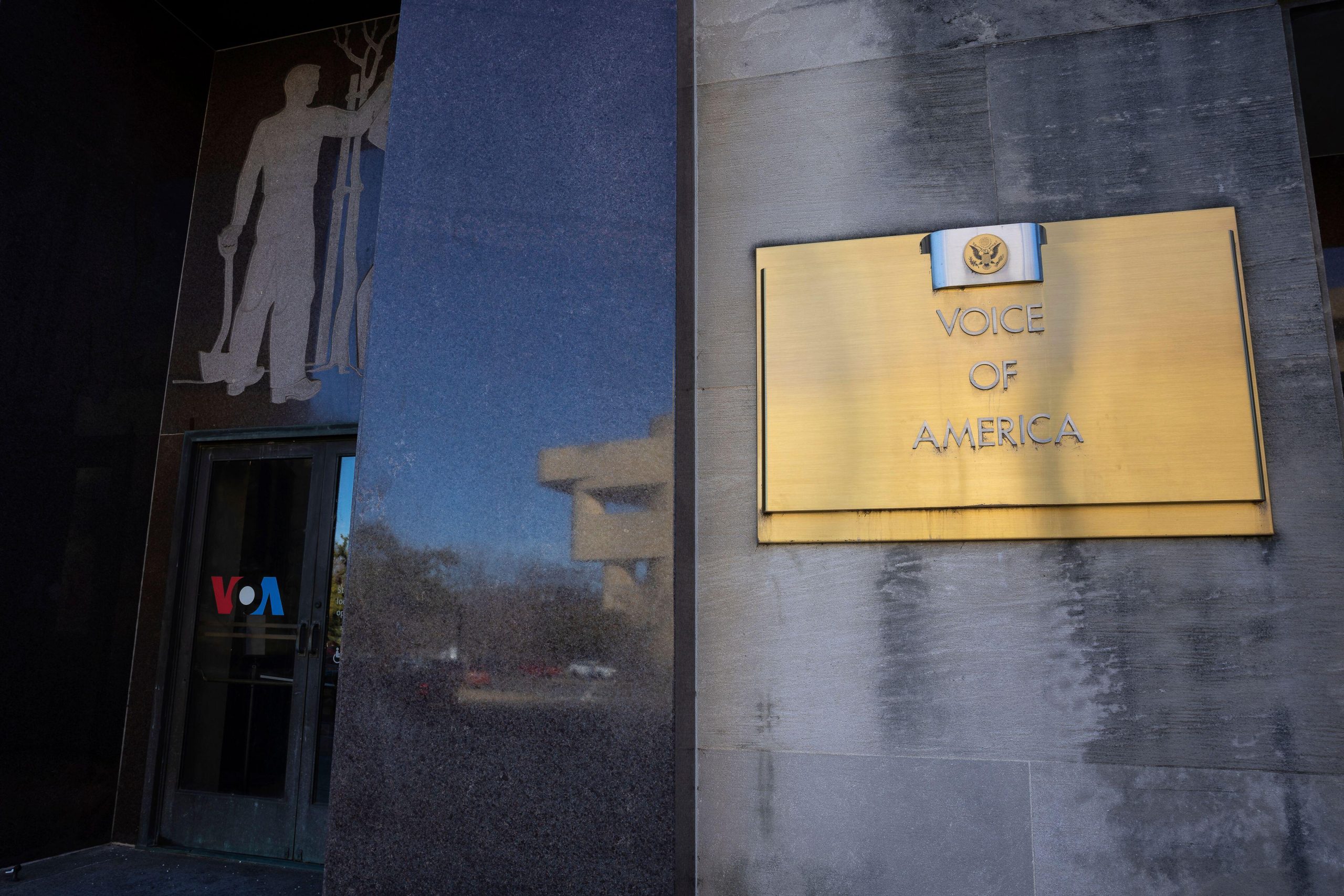
Turkey’s Internet censorship hit the news this week when the country’s own president raised his objections to the policy on Twitter. Yaman Akdeniz explains the state’s recent struggles with Google and YouTube
Access to YouTube has been blocked from Turkey since a May 2008 order by an Ankara court. The order was issued because of 10 video clips involving defamatory statements and images about the founder of the Turkish Republic Mustafa Kemal Atatürk. These clips were deemed illegal under Law No. 5816 — “Crimes Against Atatürk”. Access to such content can be blocked under Law No 5651 — “Regulation of Publications on the Internet and Suppression of Crimes Committed by Means of Such Publication” — which came into force in November 2007.
Since then access to a considerable number of websites has been blocked in Turkey. In January 2010, a report by the OSCE on Turkey and Internet Censorship documented that 3,700 Internet websites are blocked. Miklos Haraszti, the then OSCE Representative on Freedom of the Media, asked the Turkish authorities to bring Turkey’s Internet law in line with OSCE commitments and other international standards on freedom of expression. Haraszti argued that the law, by blocking access to entire websites, paralysed access to numerous modern file sharing and social networks. The current number of blocked websites is estimated to be around 5,000.
In June 2010, the situation went from bad to worse as the Telecommunications Communication Presidency (TIB) asked Turkish Internet Service Providers to block access to certain IP addresses associated with YouTube. The ISPs then started warning their users that as a result of TIB’s request to block access to certain IP addresses certain Google services may also be affected. In fact considerable number of Google related services (including popular services such as Analytics, Translate, Docs, Books, Map, and Earth) have been affected from Turkey since the 4 June.
Google services are not completely blocked, but users are reporting that they either cannot access them at all or that access is painfully slow. My own tests from two different ISPs confirmed this. Under heavy criticism, TIB claimed through a press release issued on 4 June that it was updating IP addresses associated with the YouTube blocking order, and it was Google’s fault that they were using the same IP addresses for YouTube as well as for the Google-related services.
As there is no specific court issued blocking order or an administrative blocking order associated with Google related services we [the author and Dr Kerem Altıparmak, Assistant Professor at the Ankara University Faculty of Political Sciences] registered an appeal with TIB. We argued that the administrative body’s action was unlawful, and disproportionate as access to YouTube was already blocked from Turkey. Therefore, a more restrictive measure which also affects other Google services is unnecessary. At the same time, an administrative court action was also launched by an Internet related civil society group, claiming TIB’s action to be unlawful.
Although initially the IP blocking action looked like a side effect of the Turkish authorities desire to make it even more difficult to access YouTube, the real reason behind the blocking action turned to be a tax issue. The Transportation Minister who is also responsible for the state’s Internet policy claimed that Google owns the government £GBP 13m in tax levy, and called on Google to register as a taxpayer in the country to “help accelerate” the lifting of a ban on YouTube and Google services. However, tax evasion is not included as one of the catalogue crimes under Law No. 5651 as a legal justification for blocking access to websites from Turkey!
Whether we like it or not, and without forgetting about privacy and data protection related problems associated with Google across Europe with its Street View service and other privacy issues, Google remains a vital source of information. Its services have a major public benefit, not only for Internet users but also for thousands of companies who use its services for business purposes. Therefore, this latest disproportionate state action can only be described as censorship, and remains unacceptable in a democratic society.
Dr Yaman Akdeniz is Associate Professor, Human Rights Law Research Center, Faculty of Law, Istanbul Bilgi University, and Director of Cyber-Rights.Org





